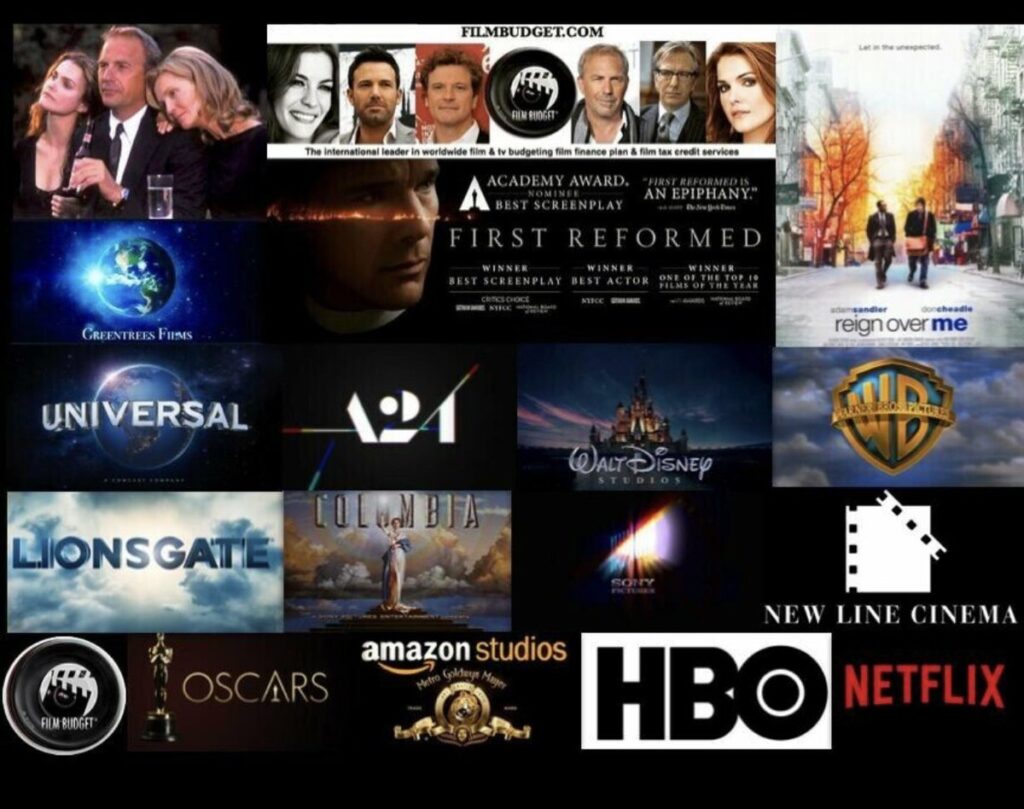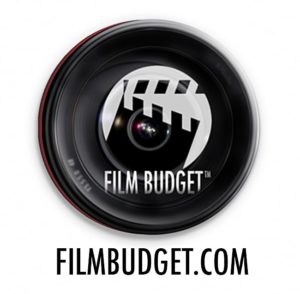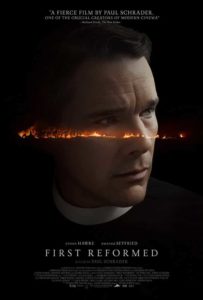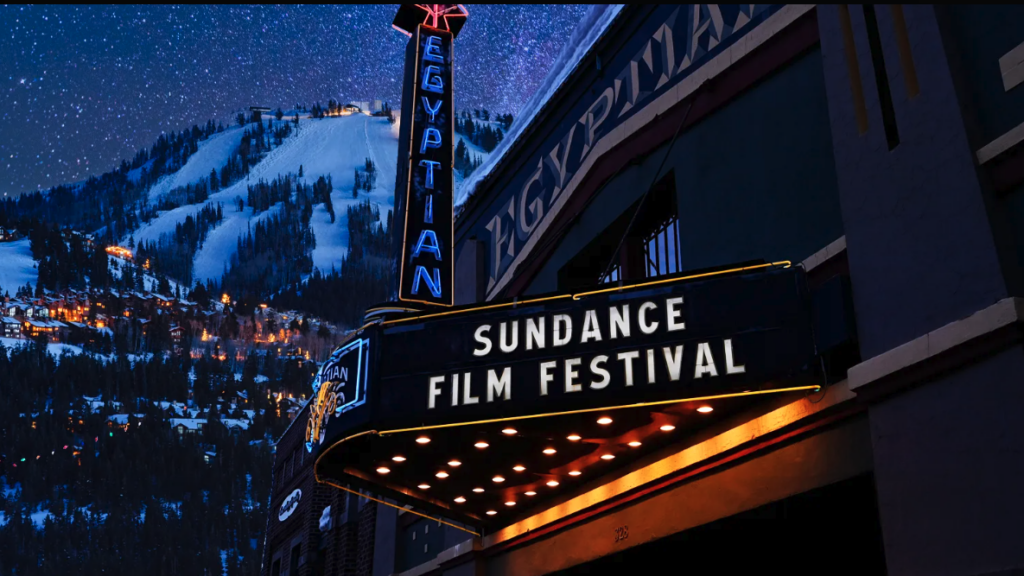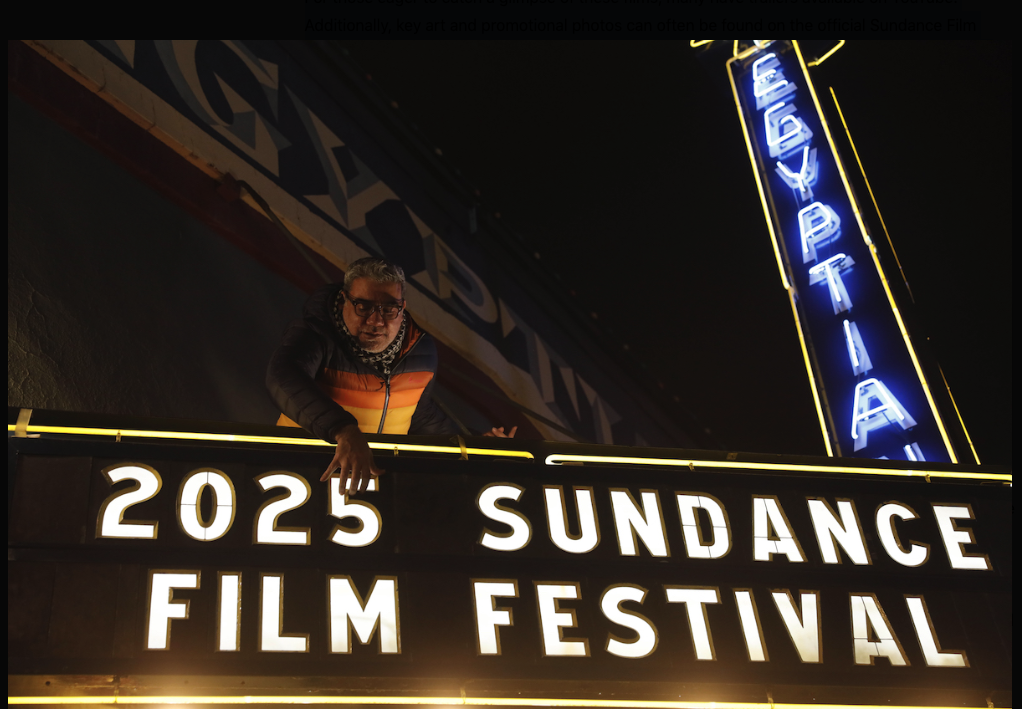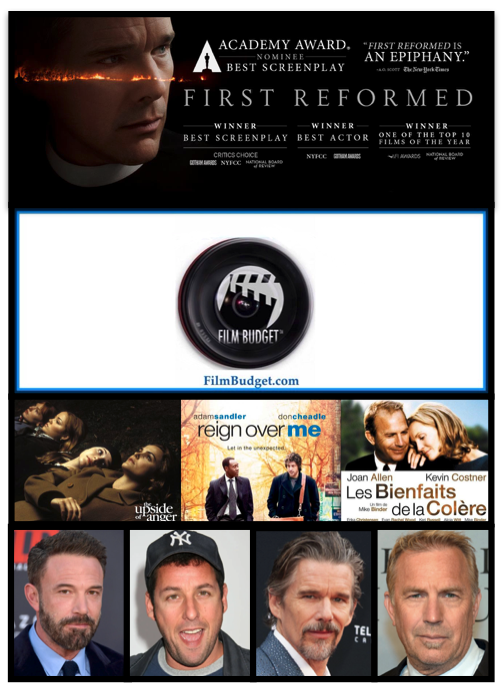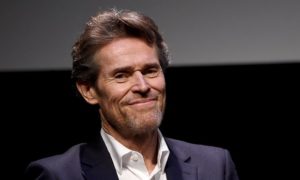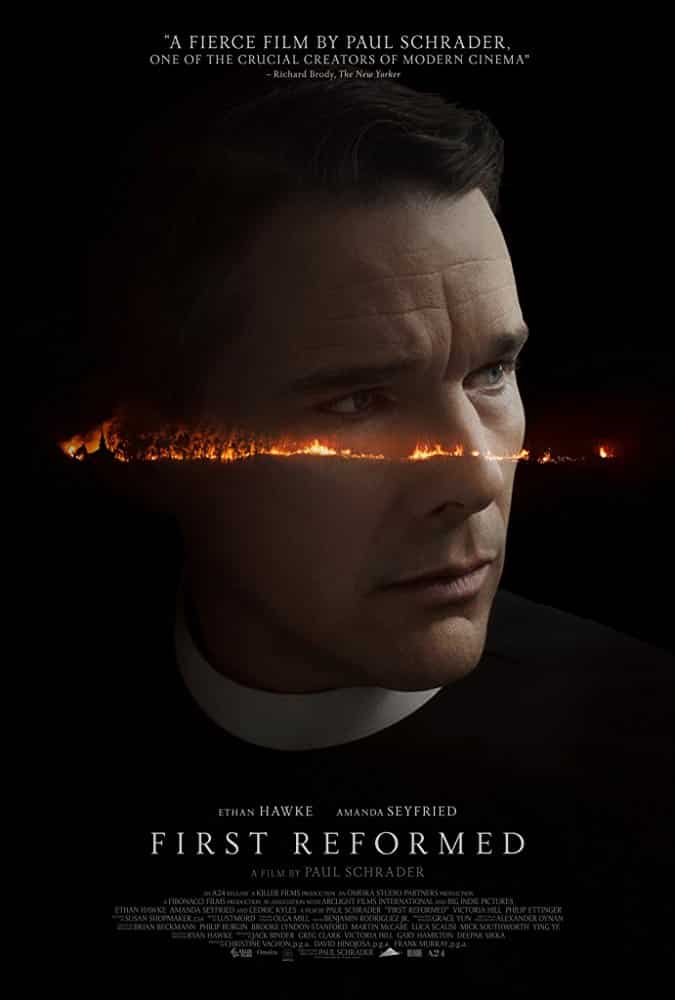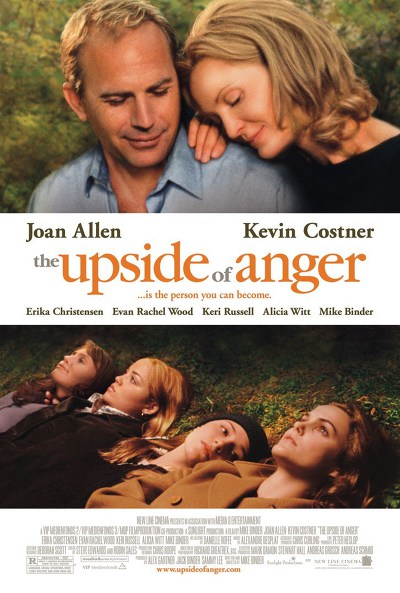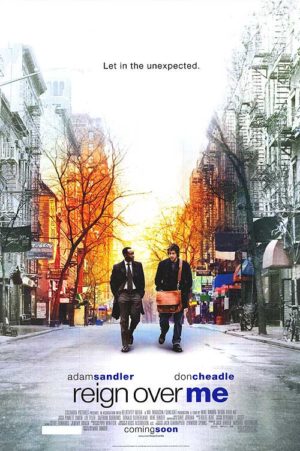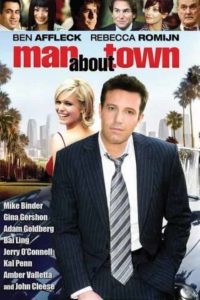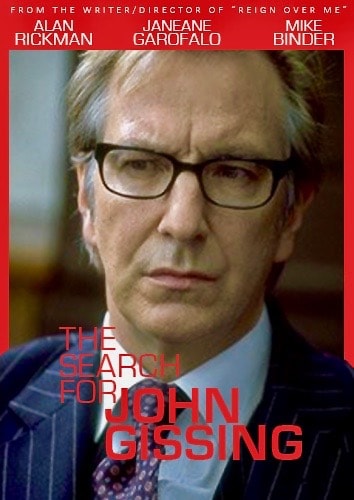Facts On the Difference Between Big Budget and Low Budget Film | First Hand Experience From an A-List Producer, Line Producer & DGA UPM
A big budget movie versus a low budget film is a choice filmmakers undertake in setting forth creating a production. Sometimes you go back to your roots and venture into low budget filmmaking as an A-List producer. Having just done that I share some facts that emerge as key differences.
For example $100 million is a big budget for a movie. Under $10 million is considered a low budget film.
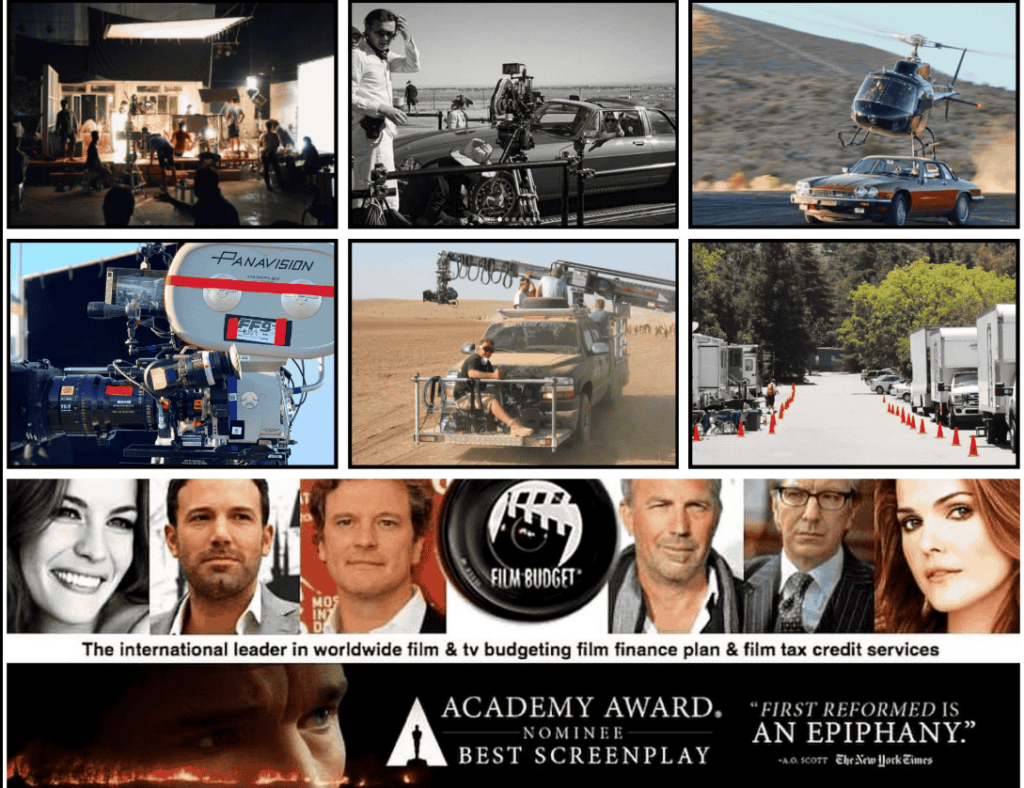
Time
The biggest difference is time of course. Time is money and crew time is even more money. What a large movie budget allows for the filmmaker is the time to prep and shoot.
Prep Time
Prep time is critical in filmmaking of any scale. “It’s all in the prep” is a common catchphrase and it could not be more true. Quality prep time is absolutely fundamental. I always say, “if you see me running around like a chicken with my head cut-off on the set, I messed up months ago!” But I don’t say messed!
A truncated prep (preparation) period can be very problematic as everyone is rushed to do their work in time for filming. The best deals require space and research, as the time required for negotiating and weighing options vastly effects the value and cost savings which can be achieved.
Shooting Days on a Big Budget Movie Versus a Low Budget Film
Shooting Days on a big budget movie versus a low budget film are the key to a quality production as well. The more time and money you can allot to more shooting days will not only make the director more confident and able to achieve the goals of the production, it likewise affords the actors their space to create their performance.
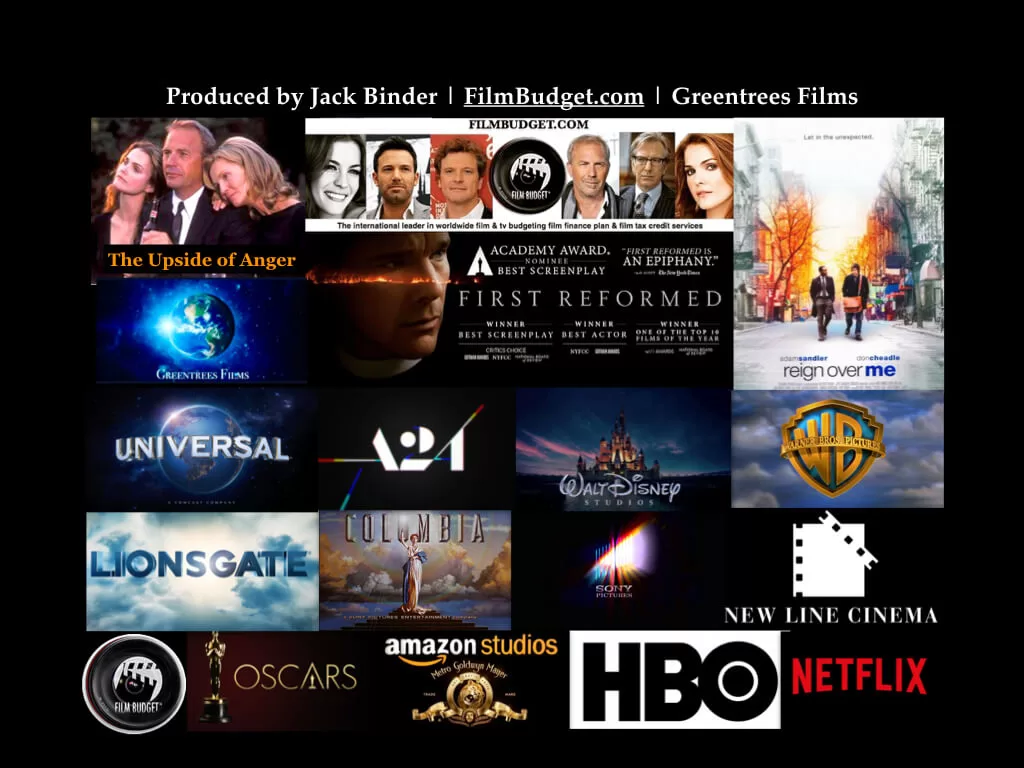
As film budgets have decreased due to market constraints producers and directors have been required to reduce the amount of shooting days as a way to keep the budget down. The upside is we are getting more adept to shooting faster however the downside is it demands an extremely fast paced film production period which can be hampered by a likewise reduced prep period.
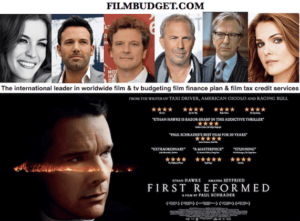
Locations
Locations are another fundamental area the demonstrates the difference between big movie budget productions and lower budget indie films. With more funding both time and expense can be used to obtain the best locations with ideal situations. On the contrary, low budget indie film production calls for getting by with less production value (unless the producer and director are extremely adept at mitigating this downside) and support areas.
Often it is easy to acquire a great deal on a location – via a friend, relative, colleague, etc., however it’s often the hidden costs of support areas that comes back to bite the movie budget. Site support areas are often overlooked. These items include: Artist Holding areas, catering area, location production office, the “vanities” – Hair and Make-Up Stations, Wardrobe Department, Art Department and of course Locations and Parking!
This is especially true in major cities, where parking is at a premium. Finding parking for the film crew in a big city is one of the most difficult aspects of indie filmmaking. Cities insist in their permitting that crew cars are not on local streets. Renting a Lot is expensive. With a large film budget and more resources this is not an issue nor a concern. For low budgets, it’s a nightmare! One key takeaway lesson is to find all of these support areas simultaneously with your “free” location. You just might realize it was not as free as you expected!
Transportation
The Big Boys
Of course this all depends on the question of transportation, ie. Vehicles & Drivers. With the big Hollywood style productions, a fleet of very large vehicles with every amenity known to man can be found. This includes luxury gyms for the major movie stars, vast catering dining kitchens, vanity trailers and motorhomes, large grip and electric trucks, honeywagon production office and restroom facilities.
The Rest of Us
On a typical low film budget independent film though, this is certainly not the case! Any vehicle is a luxury, from Cube Trucks, passenger vans, personal cars, picture cars and Art Department Vans. Likewise the number of Drivers is limited which likewise puts a limit on production equipment vehicles. The upside is not having the requirement of closing down an entire city block to park the circus of mobile production vehicles. The downside is you must find everything you need within your location or nearby production support space. This can be quite costly although not as expensive as renting all of those vehicles and finding space to park them. We’re not even addressing the fuel to move them around!
A Big Budget Movie versus a Low Budget Film is a Creative Choice
As a screenwriter, director, or producer, deciding to tailor your production for a big budget movie or a low budget film is driven by your creative choices in selection of the story. Based upon the screenplay, a producer will analyze the market for the screenwriter’s creativity, and the director’s vision to determine the scope and scale of the production.
How to Obtain a Film Budget for Film Finance to Make Your Film or TV Series
In order to ascertain your budget level for your film or television show an experienced producer and/or line producer is needed to be engaged to create the film budget and schedule. Producer Jack Binder Founder of FilmBudget.com Worldwide in order to help fellow filmmakers to move into production.
FilmBudget.com creates a custom film budget and schedule package, film finance business plans, film tax credit analysis, and one-on-one producer consulting services. These tools enable filmmakers to get into production by approaching investors with knowledge and confidence in the numbers and the requirements of production.

Contact Jack Binder for a Complimentary Consultation on your project.

